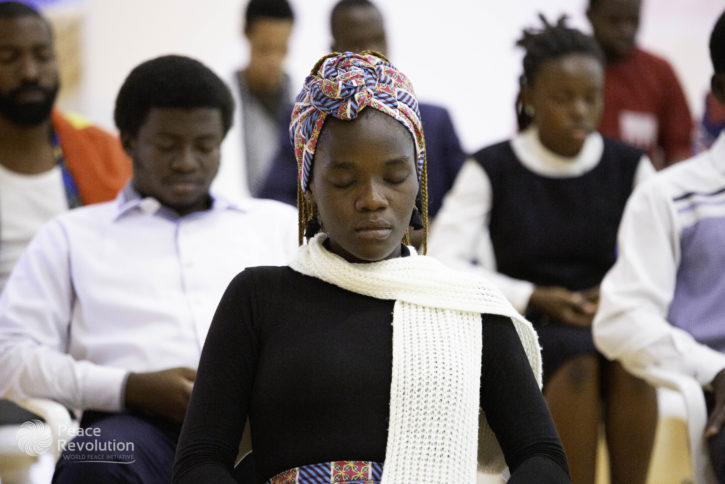2019 started with an acrimonious taste of Intense Tropical Cyclone Idai hitting the South-West African countries of Mozambique, Zimbabwe and Malawi resulting in cataclysmic deluges which are responsible for the tragic loss of thousands of lives. Following that, Europe witnessed record winter temperatures, as well as in North America whereas searing heatwaves stroke Australia, melting asphalt roads and affecting the population as signs of heat-related disorders such as dizziness, fatigue, muscle stiffness and cramps; change in skin colour and so forth could be observed.
These two mentioned impacts of climate change are just a mere fragment of the whole global warming picture as it is being felt everywhere and it is having significant consequences on the world population’s lives. According to the UN Climate Action Summit 2019, it was declared that “climate change is disrupting national economies, costing us dearly today and even more tomorrow.” From a metaphorical point of view, are we harvesting the fruits of our naive erstwhile actions and activities? Of course, we are. But the real question is, how to breathe sustainability for a better planet?
It is clear and logical that it is not a lone ranger mission involving only governmental bodies with new technologies and equipment; instead, it is the development of new social practices and the encouragement of a comprehensive cultural shift towards a more sustainable way of life with adequate actions against global warming. This is how and where mindfulness steps in; mindfulness can act as a transformative agent for an individual but can it be used to bring an alternation to the world?
Let us focus on the equation below to connect the dots.
Meditation + Mindfulness = Sustainable Planet
Mindfulness is an exercise which focuses on the constant and continuous maintenance of the consciousness through objective observation of the thoughts, feelings, body senses and the surrounding environment, cherishing each and every element of the present moment. Mindfulness can be achieved through meditation, often called mindfulness meditation. The latter is a pathway to another form of mindfulness called ecological mindfulness, a process promoting social and environmental sustainability in the fight against climate change and global warming.
Ecological mindfulness is not easy to achieve as it highly correlates with the mindset of an individual, whether he or she is willing to be disconnected from mainstream and natural ideologies and to see behavioural change with positive eyes and to be free to make unique choices, in simple terms, to think and act out of the box for the sake of making the planet Earth a healthier place for future generations. Ecological mindful behaviours start with a simple thought, turned into action. Here are some sustainable examples of these behaviours which can make a huge impact to the environment in its preservation in your daily life.
- Finding alternatives to plastic products, for example, using palm trees to make disposable plates and cups.
- Bringing reusable bags to the grocery store.
- Refilling personal non-plastic bottles.
- Turning off the tap when brushing the teeth.
- Taking shorter showers.
- Turning off the lights when out of a room or not using it.
- Planting a tree.
- Minimizing the usage of paper, find alternatives such as e-tickets.
- Stop littering; use an appropriate bin.
- Adopting the ‘reuse, repair and recycling’ ideology.
To become mindful and to practice ecological mindfulness for a healthier planet, feel free to connect to our 42-days online self-development programme through the Peace Revolution project.
A small step can bring a huge difference to the world.







